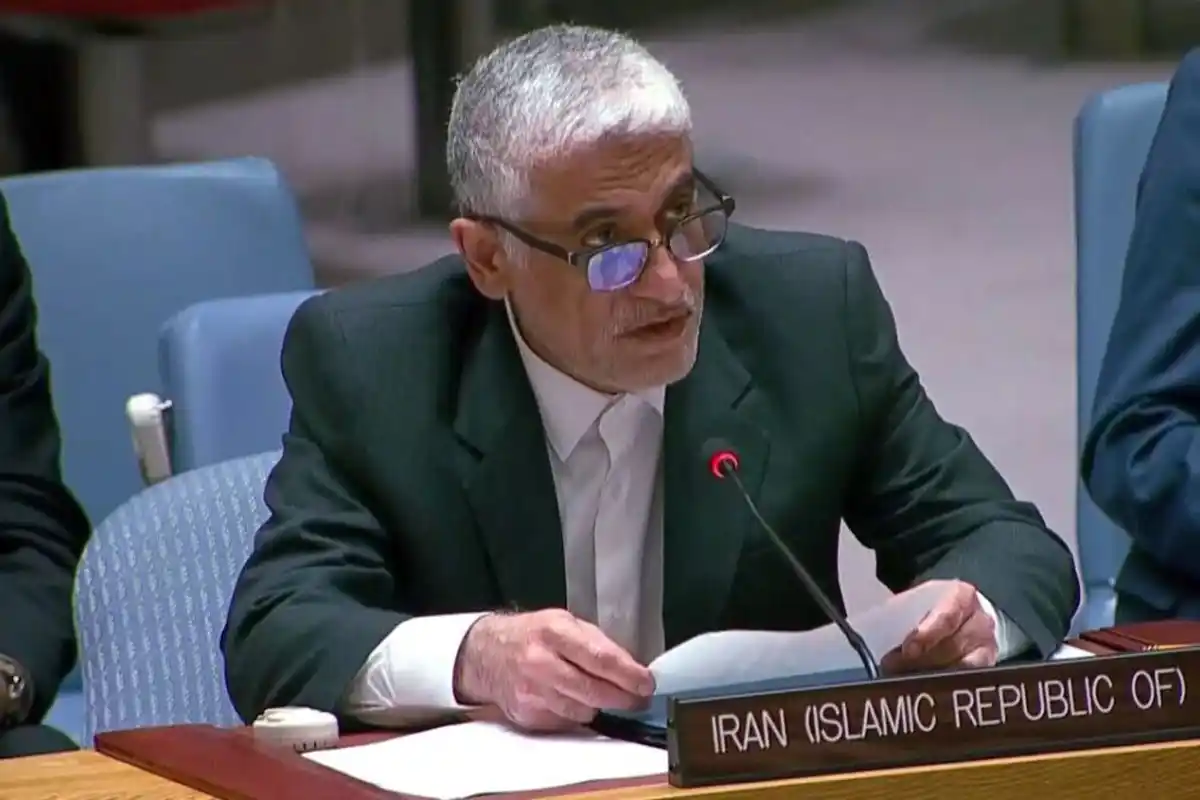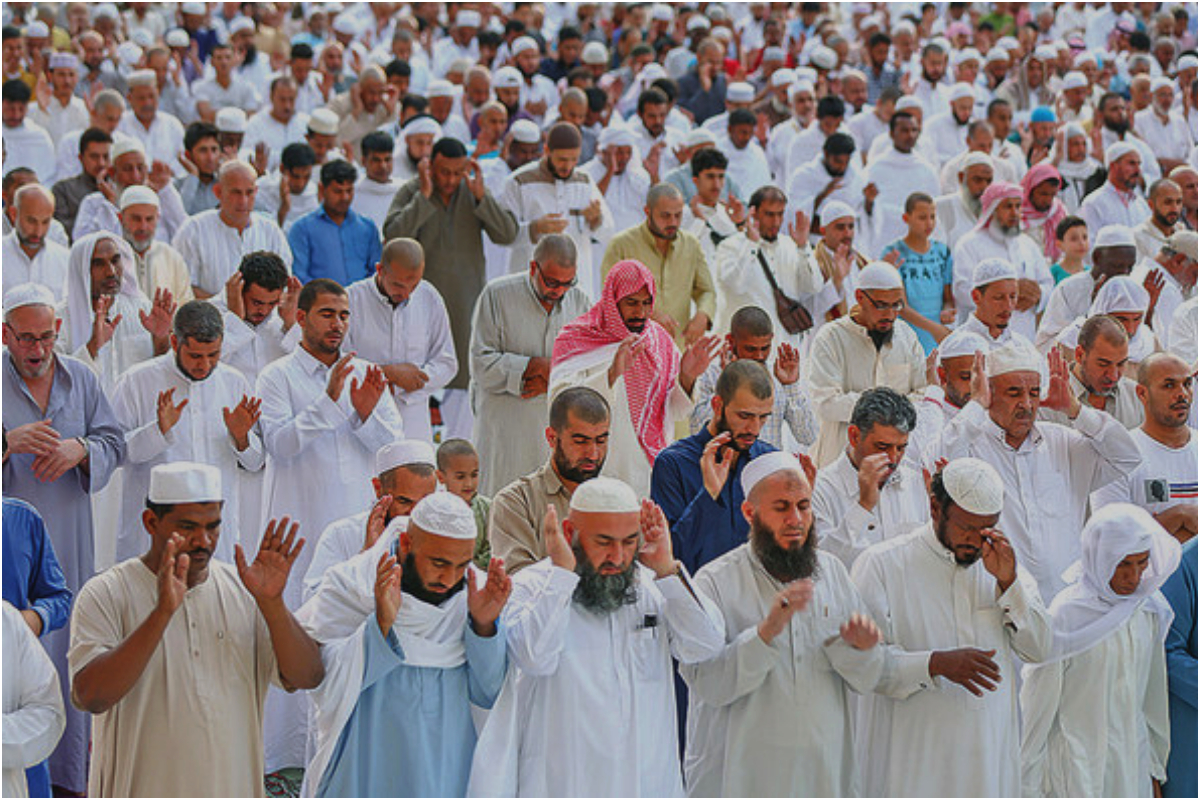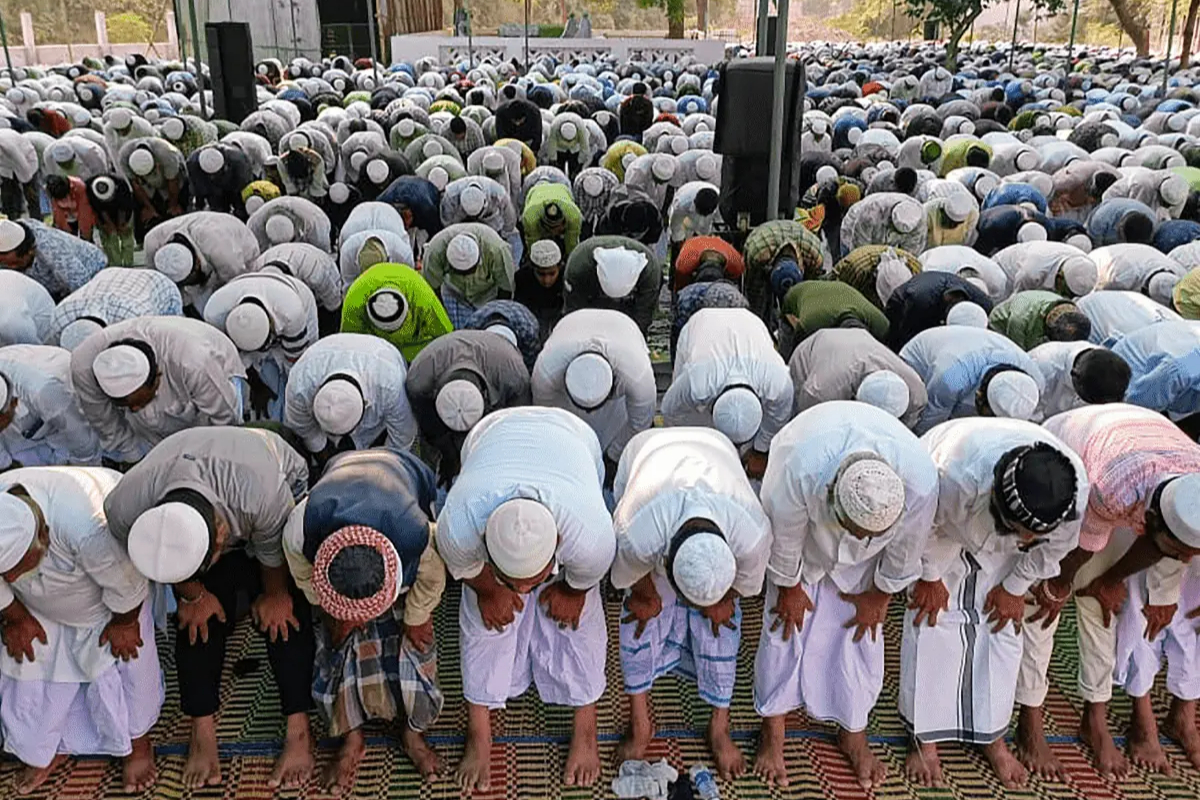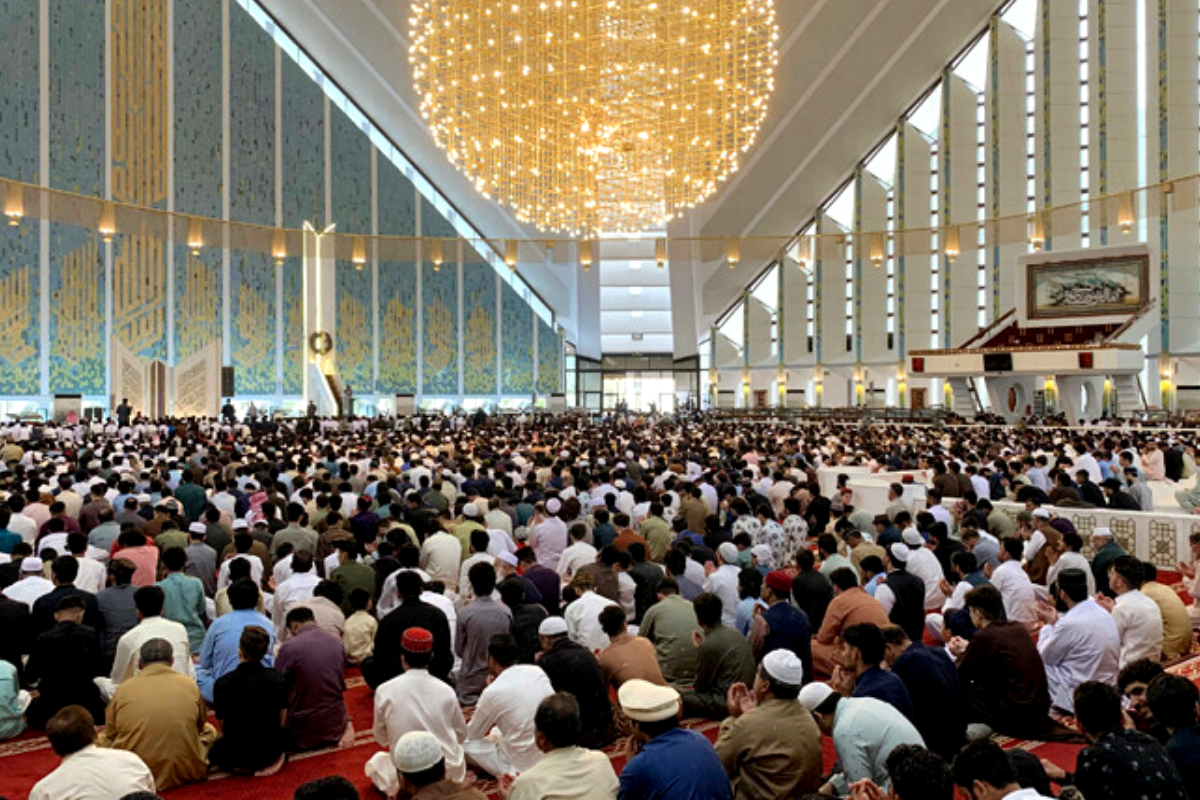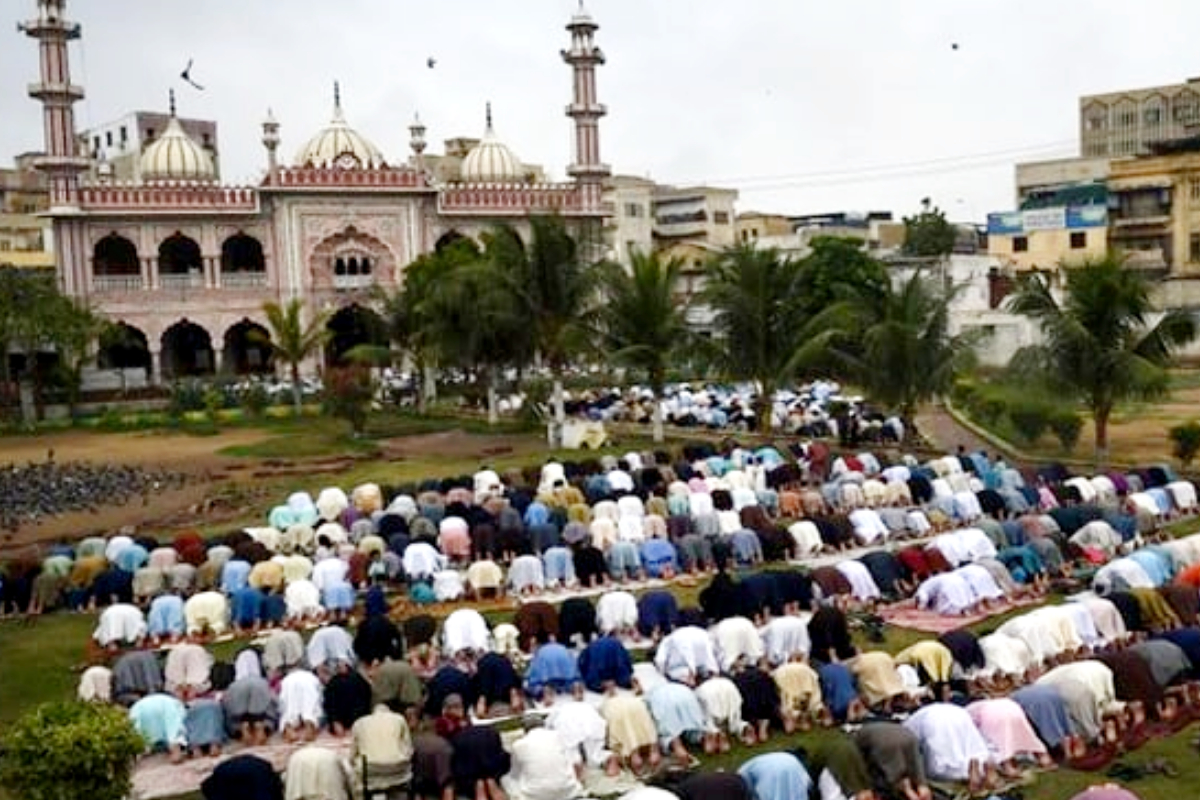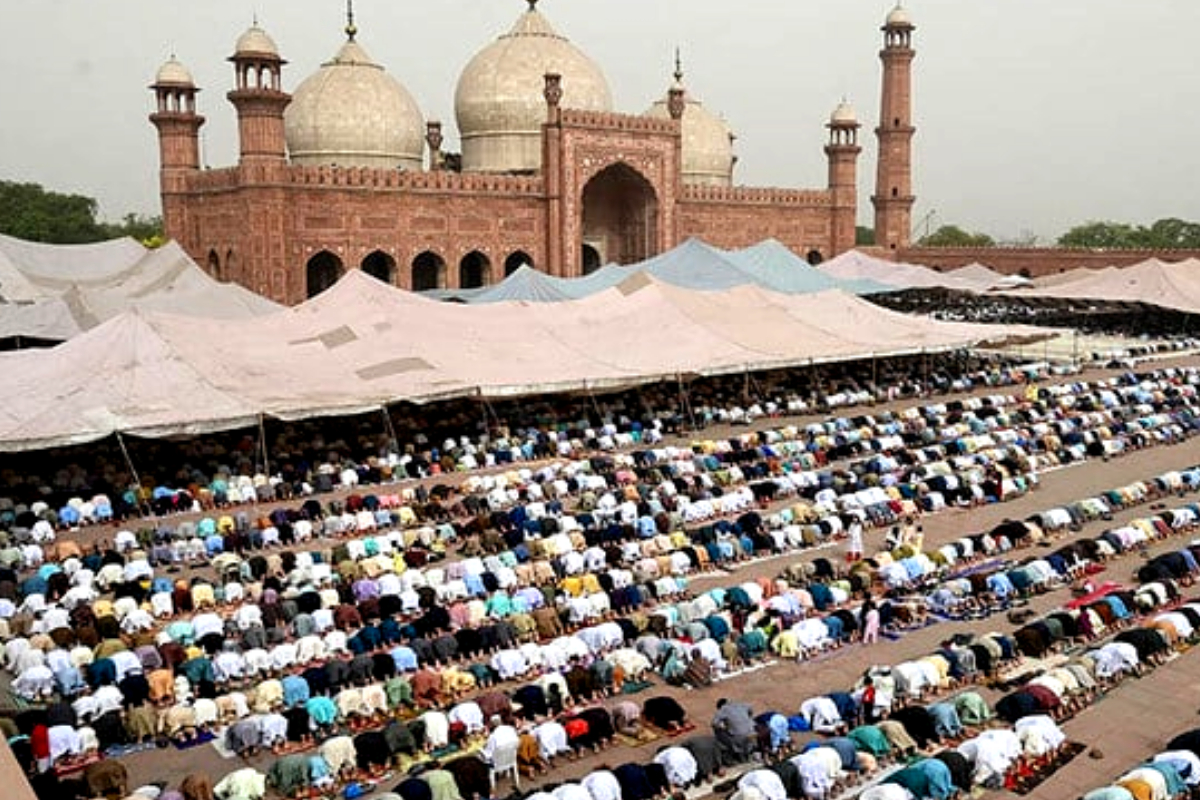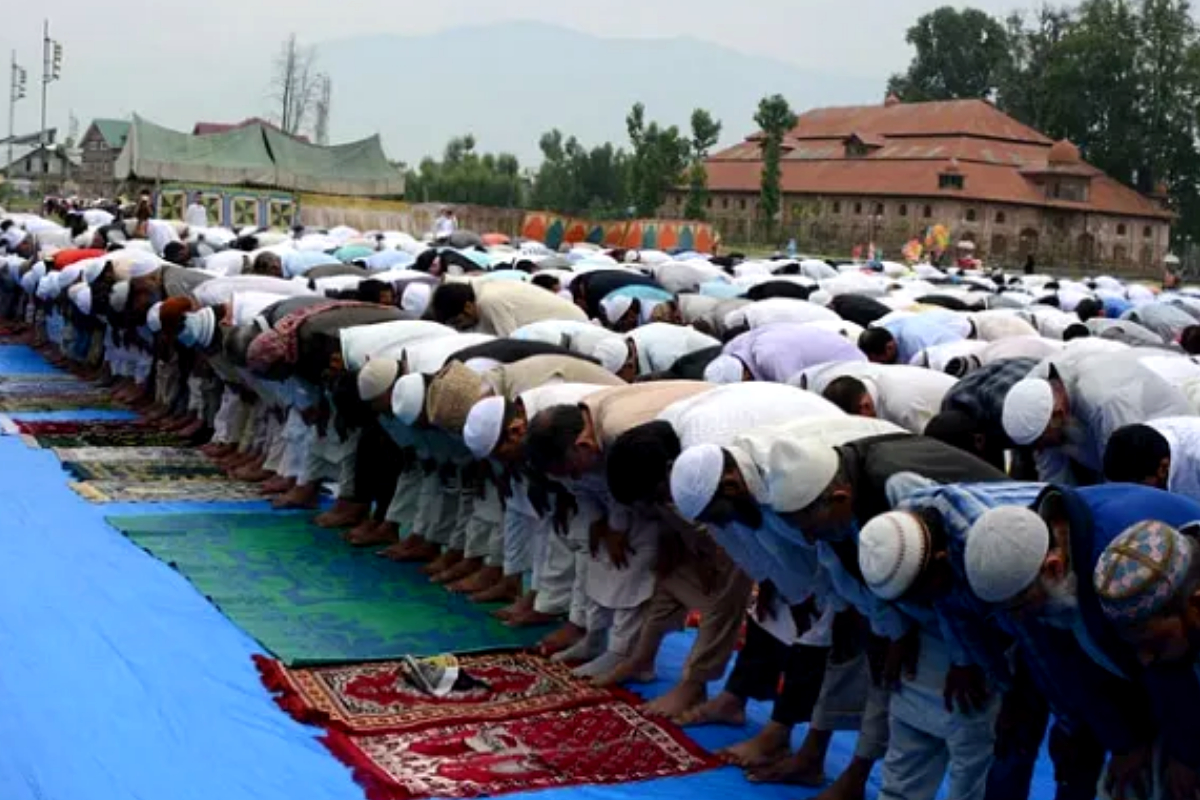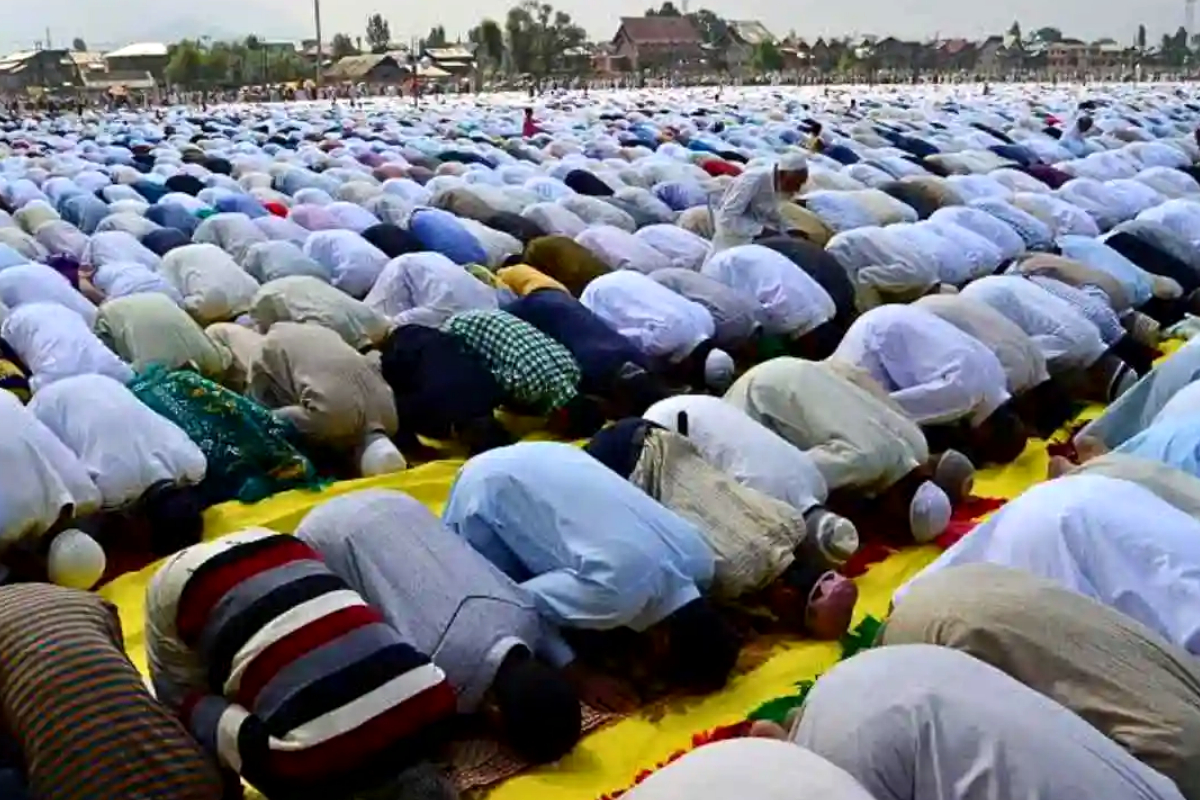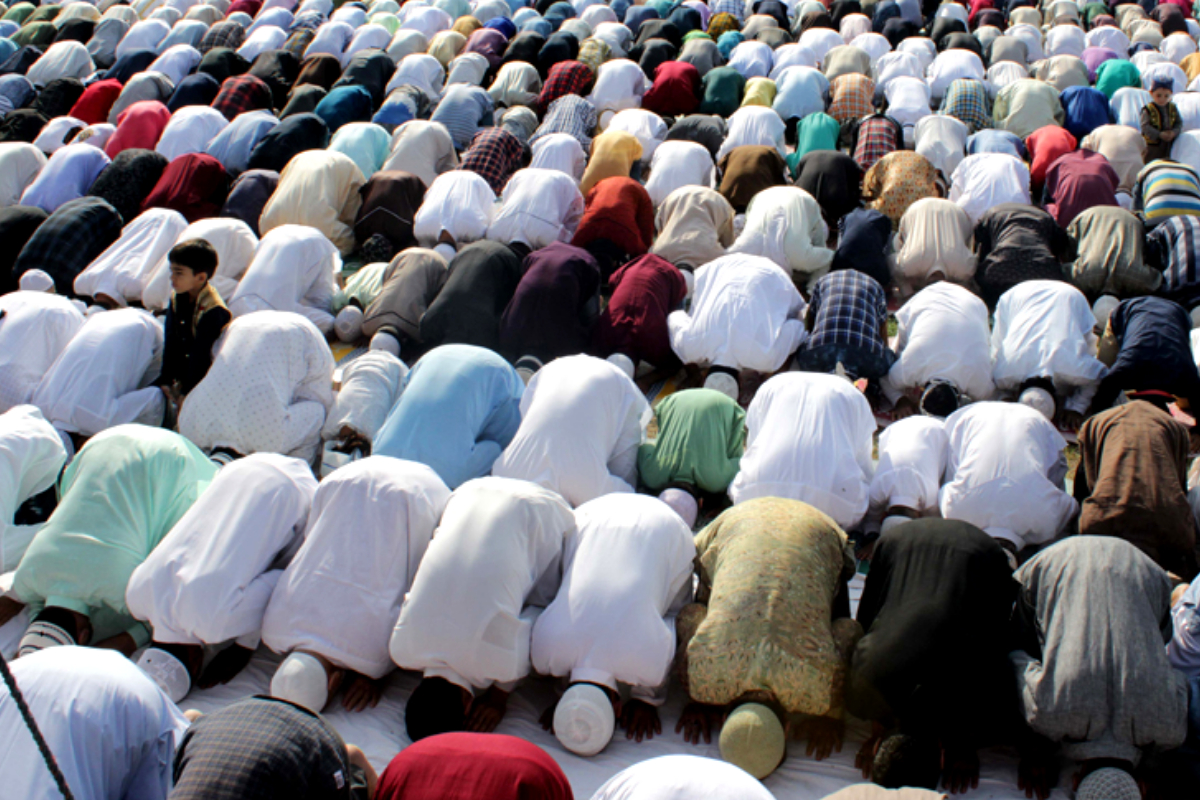As the blessed month of Ramadan 2025 draws near, meteorologists have foreseen a dynamic shift in weather patterns across Pakistan. The Pakistan Meteorological Department (PMD) predicts that the initial days of Ramadan will offer a mild climate, but a significant rise in temperatures is expected during the concluding ten days.
The PMD’s forecast indicates that the temperature at the commencement of Ramadan will hover around 34 degrees Celsius. However, as the month advances, a surge in heat intensity is anticipated, with the temperature possibly soaring to 40 degrees Celsius in the final ashra. Fasting individuals will need to exercise extreme caution, ensuring proper hydration and minimizing exposure to the sun, especially during the peak afternoon hours.
Weather Update for Karachi during Ramadan 2025
In Karachi, residents can expect a mix of partly to fully overcast skies throughout the week, with temperatures climbing to a modest 32 degrees Celsius. Although no rainfall is anticipated, the cloud cover may provide a degree of respite during the early days of Ramadan, offering a modicum of shade and reducing the harshness of the sun.
Ramadan 2025’s Anticipated Start Date in Pakistan
The Space and Upper Atmosphere Research Commission (SUPARCO) has shared its astronomical analysis regarding the onset of Ramadan 2025. According to their calculations, the new moon will emerge at 5:45 PM Pakistan Standard Time (PST) on February 28, 2025. Due to its low position and distance from Earth, however, the crescent moon will not be visible with the naked eye on that evening.
SUPARCO further clarified that the angular distance between the moon and the sun on February 28 will be a mere 7 degrees, rendering the crescent’s visibility practically impossible. Consequently, Ramadan in Pakistan is expected to commence on March 2, 2025, with the first fast likely falling on that date.
Weather Precautions for Ramadan 2025
Given that the last ten days of Ramadan are predicted to be particularly sweltering, it is essential to adhere to the following measures:
- Consume ample water during sehri and iftar to ensure adequate hydration.
- Limit outdoor activities, particularly during the scorching afternoon hours, to reduce heat exposure.
- Opt for light-colored, breathable garments to maintain comfort in the heat.
- Keep living spaces well-ventilated and employ cooling methods if necessary.
With the predicted heat wave looming over the final days of Ramadan, those observing the fast must remain vigilant about their health while fulfilling their spiritual commitments. Regularly checking weather updates will help individuals plan their daily routines and ensure they navigate the month with caution and care.




